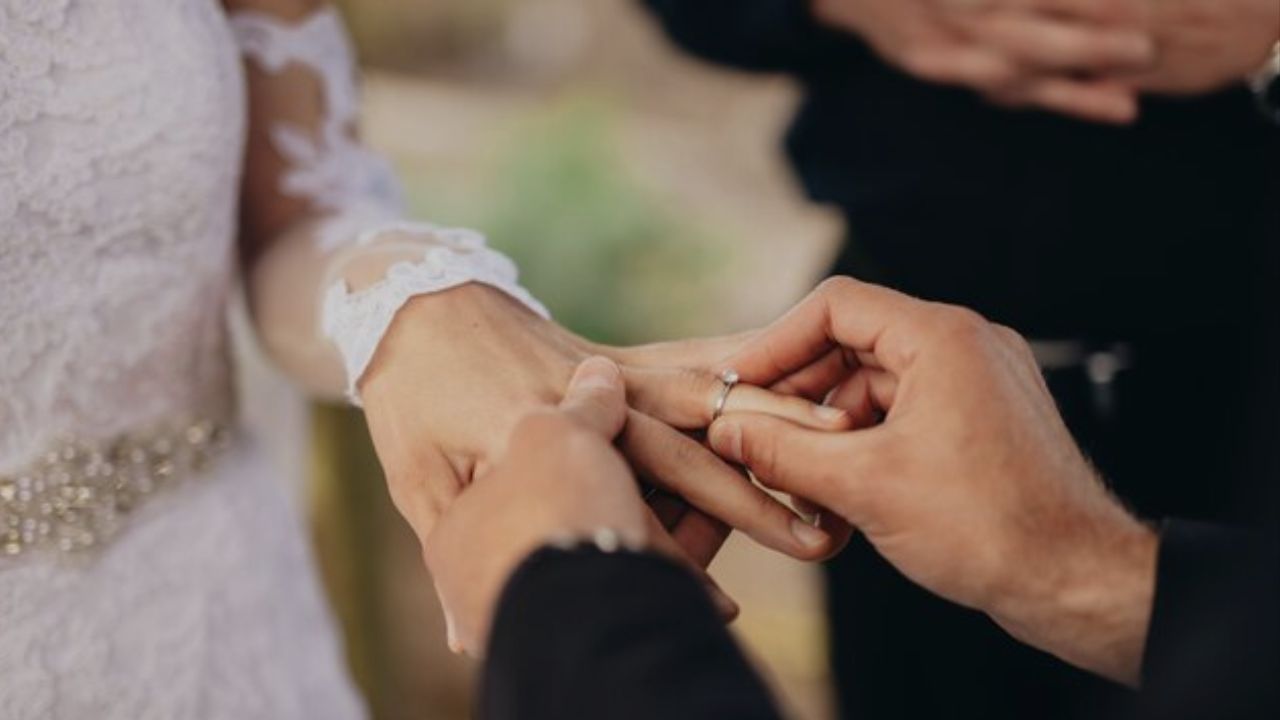Nebraska – Marriage between cousins often sparks questions and confusion across the United States, as laws vary significantly by state. In Nebraska, the law is specific: certain close-relative marriages, including those between first cousins of whole blood, are prohibited. Understanding these laws is crucial for couples considering marriage to a relative.
Nebraska’s Law on Cousin Marriage
Nebraska Revised Statute 42-103 clearly outlines which familial relationships are prohibited from marrying. Marriages are void if the parties are related as:
- Parent and child
- Grandparent and grandchild
- Siblings (whole or half blood)
- First cousins of whole blood
- Uncle and niece
- Aunt and nephew
This means that two people who are first cousins sharing both grandparents through their respective parents cannot legally marry in Nebraska.
According to The Hop Town Express, The law distinguishes between “whole blood” and “half blood” relationships. Whole blood cousins share both parents as siblings, while half cousins share only one parent as siblings. Nebraska’s statute specifically bans marriage between whole blood first cousins, while marriage between half first cousins is not explicitly prohibited, making such unions legally permissible.
No Exceptions or Special Circumstances
Unlike some states that allow first cousin marriage under certain conditions—such as advanced age or infertility—Nebraska enforces a blanket ban. There are no exceptions for age, reproductive status, or other factors. Any marriage between first cousins of whole blood in Nebraska is considered void, and couples cannot circumvent this law.
Other Prohibited Marriages
In addition to first cousin restrictions, Nebraska law prohibits marriage between other close relatives to protect public policy and reduce genetic risks. These include:
- Parent and child
- Grandparent and grandchild
- Siblings (whole or half blood)
- Uncle and niece
- Aunt and nephew
These rules reflect Nebraska’s commitment to traditional social norms and the protection of public health.
Recognition of Out-of-State Cousin Marriages
A unique aspect of Nebraska law is its treatment of cousin marriages legally performed in other states or countries. For instance, if two Nebraska residents marry as first cousins in Iowa, where such marriages are legal, Nebraska generally recognizes the marriage.
This is based on the principle that marriages valid where performed are typically valid elsewhere, unless they directly violate strong public policy. The Nebraska Supreme Court has upheld this since at least 1911:
“All marriages contracted without this state, which would be valid by the laws of the country in which the same were contracted, shall be valid in all courts and places in this state.”
Couples should understand both Nebraska law and the laws of the state or country where they plan to marry to avoid legal complications.
Read Also: Iowa Cousin Marriage Laws 2025: What You Need to Know
Consequences of Prohibited Marriages
Marriages between first cousins of whole blood in Nebraska are void ab initio, legally treated as if they never occurred. Such unions have no standing for:
- Inheritance rights
- Spousal benefits
- Tax purposes
- Health and legal decisions
Courts can annul these marriages if challenged, ensuring that Nebraska’s laws are strictly enforced.
Key Takeaways
- First cousins of whole blood cannot legally marry in Nebraska.
- There are no exceptions to this prohibition.
- Marriages between first cousins performed legally in other states or countries are generally recognized.
- Marriages between more distant relatives, like second cousins, are permitted.
Understanding Nebraska’s laws on cousin marriage is crucial for couples considering a union with a relative. Being informed ensures that your marriage is legally valid and protects your rights and interests.
Stay informed about Nebraska’s family law and other state-specific marriage regulations by subscribing to ibwhsmag.com. Share your questions and experiences in the comments to help others navigate complex marriage laws safely.


 by
by 

